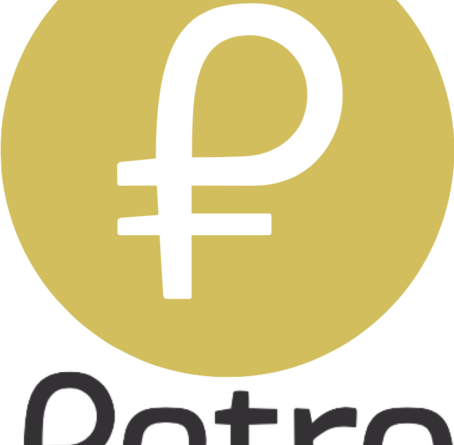Iran to launch a national cryptocurrency
The Iranian National Cyberspace Center (NCC) may issue own cryptocurrency as confirmed by Deputy Director of the Iranian National Cyberspace Center (NCC), Saeed Mahdiyoun who is responsible for drafting Iran's Supreme Cyberspace Council. However, the Central Bank of Iran is expected to make an official statement on the cryptocurrency by end of September. The announcement is also expected to bring a relief to cryptocurrency dealings since at the present, cryptocurrency operations are banned by Iranian banks and credit institutions due to money laundering claims.
The cryptocurrency project whose draft is now ready according to NCC, is being developed following direct instructions from President of Iran Hassan Rouhani and therefore is a state-backed cryptocurrency.
The cryptocurrency launch, if successful, would follow a series of threats of sanctions by the United States due to claims of money laundering. The sanctions are not yet implemented. However, the country hopes that the cryptocurrency will help circumvent challenges related to these upcoming bans if implemented, and also issues around a complete ban on acquiring U.S. dollars that was enacted in early August.
It is likely that the cryptocurrency will be used as a form of payment in between banks and as a means of local payments. Besides the sanctions issue, the other basis is that the crypto would enable flow of payments into and out of the country easily.
State news media IBENA said the ecosystem will be "available for Iranian banks and active companies in cryptocurrencies area after being tested and reviewed."
Thus the country would follow Venezuela, which has launched a cryptocurrency as a response to sanctions by the U.S. Petro, which is backed by the nation's oil reserves ( five billion barrels allocated to it) is not decentralized. In contrast, it is reported that Iran's cryptocurrency will be decentralized and will be backed by the rial and will not be mine-able. The transactions relating to the digital currency will be recorded on a private blockchain and the digital rial will be developed on the Linux Foundation-led open-source Hyperledger Fabric technology.
Venezuelan President Nicolas Maduro also de-valuated fiat by 95 percent and pegged it to cryptocurrency Petro in a series of economic reforms. Meanwhile ongoing hyperinflation of the Bolivar is only making use of cryptocurrency favorable as is with countries such as Zimbabwe. Inflation in Venezuela is at 108,000 percent. For Venezuela, the new value and currency called "sovereign bolivar" is now pegged to Petro.
With regard to use of cryptocurrencies in the country amidst inflation, Venezuelan's were reported to have been liquidating their bolivars into Bitcoin earlier this year even as Bitcoin ban continued. People have also been fleeing the country to avoid the momentary crisis that nears a humanitarian crisis.
An eastern province of South Korea called Gyeongsangbuk-do said it is also planning to launch a cryptocurrency in order to replace city-issued gift certificates issued as local currencies as a local payment system to revitalize local economies and preventing capital flight. Around 60 municipalities nationwide can use these gift certificates as local currencies.
The cryptocurrency will be called Gyeongbuk Coin and is developed in partnership with Israeli blockchain startup Orbs.
Elsewhere, citizens of Zug are able to access digital ID cards secured using blockchain technology, pay for government services, among other things.


